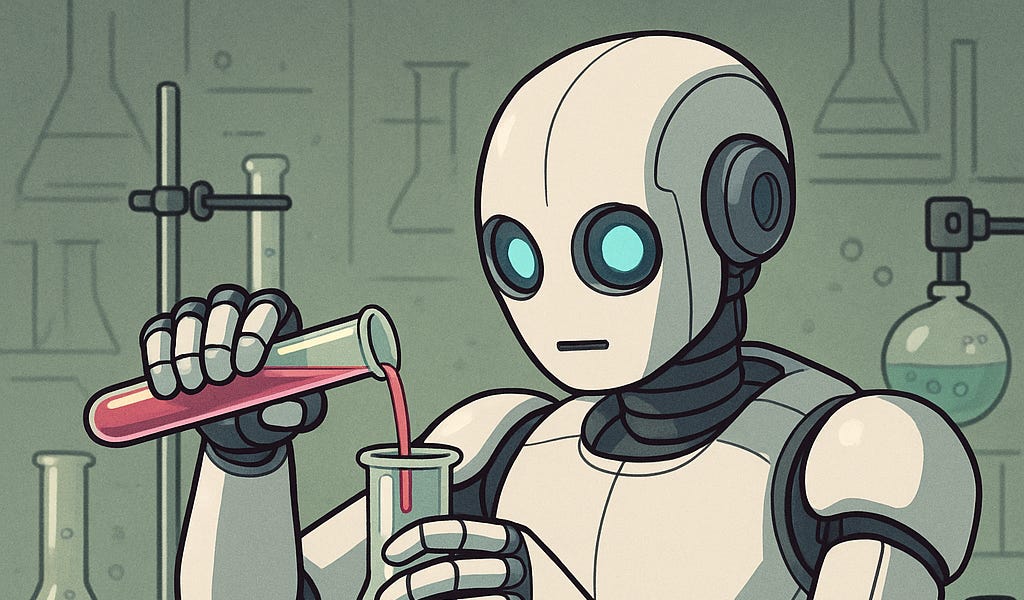

Wasn’t there a big deal about Kurzgesagt being associated with shady rationalist-like nonsense a long time ago? I remember my normie friends being like “what a shame, I thought it was such a good channel”…
Haven’t heard about the other two but always happy to discover more popular wrong people to sneer at





This is actually a very good channel, holy shit. Most of the content seems to boil down to “Clean Code sucks, so-called “10x developers” are primadonnas that make the world worse, testing is important, no, more important than that”. Old dude in the trenches since the 80s spitting the same straight facts I’ve been trying to teach everyone who’d listen for the measly 7 years of my career.